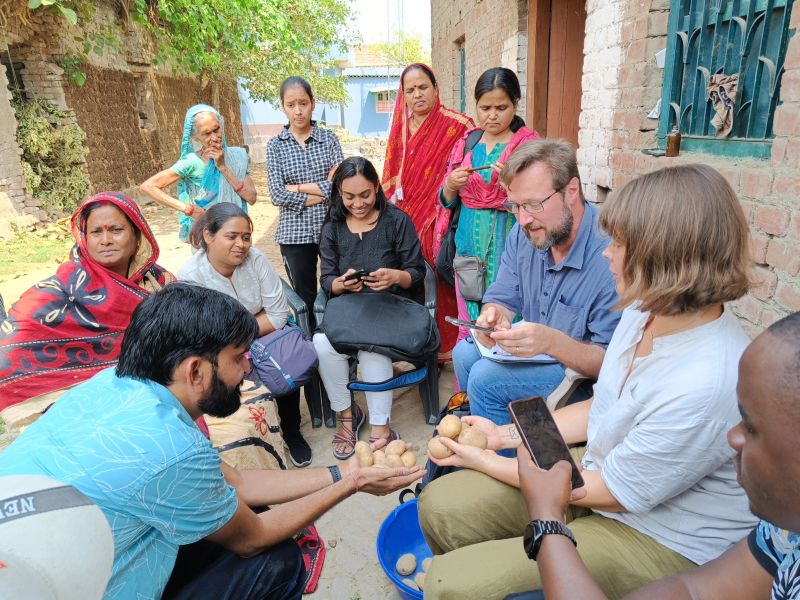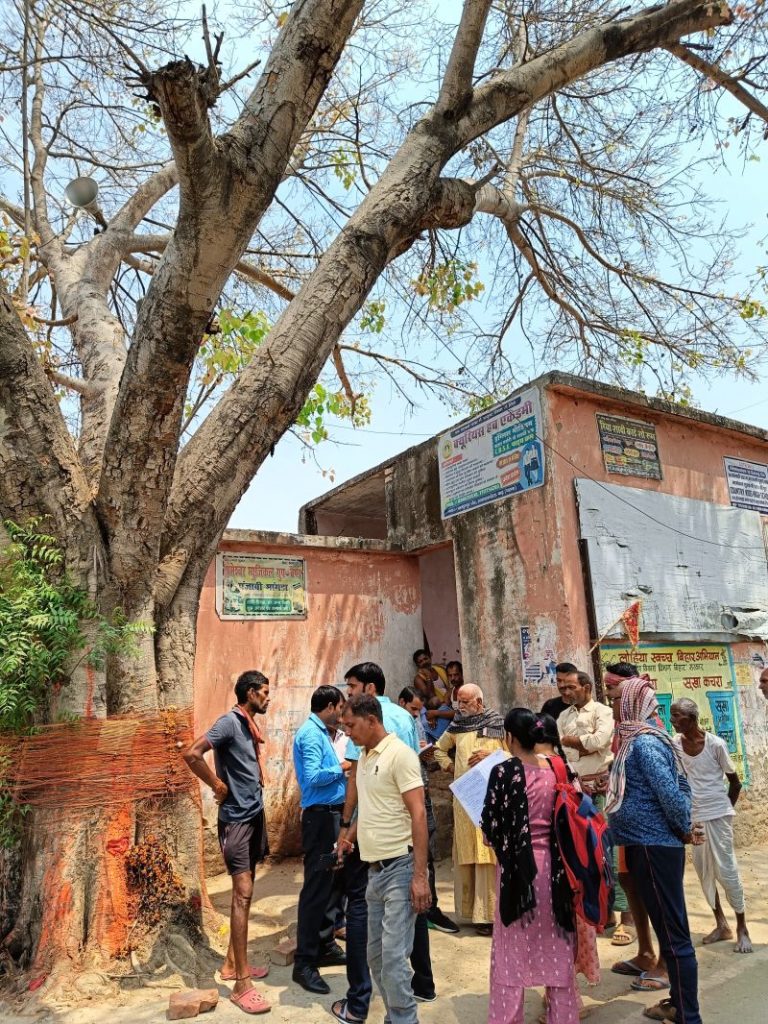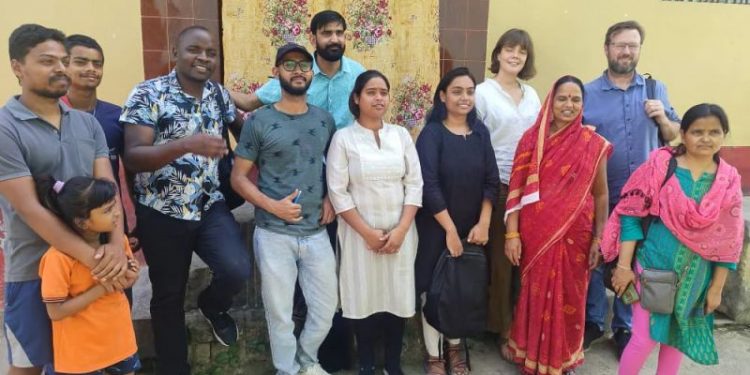Endline Surveys Shed Light on the Socio-Economic Dynamics of PZTM Farming
Exciting developments emerge from the latest Socio-Economic Surveys conducted by the CIP team, offering a glimpse into the transformative potential of Zero Tillage Potato Production through Rice Straw Mulch (PZTM). Generously funded by GIZ and spearheaded by the diligent Survey Jeena team under the guidance of Professor Volker and his students from Witswatersrand University, South Africa, these surveys present invaluable insights into the socio-economic impact of PZTM farming, with a particular focus on Bihar.
Unveiling the Impact of PZTM Farming
Spanning four districts of Bihar, the endline surveys conducted as part of the PZTM project delve deep into the socio-economic dynamics of this innovative agricultural practice. From yield improvements to resource conservation, the surveys highlight the multifaceted benefits of PZTM farming, shedding light on its potential to revolutionize traditional agricultural practices.

Empowering Women in Agriculture
One of the most significant findings of the surveys is the positive influence of PZTM farming on the role of women in agriculture. By reducing the labor-intensive nature of traditional farming methods and providing opportunities for women to actively participate in decision-making processes, PZTM farming emerges as a catalyst for gender inclusion and empowerment within the agricultural sector.
Harnessing Agricultural Innovation for Sustainable Development
As the global agricultural landscape continues to evolve, the importance of innovation in driving sustainable development cannot be overstated. The PZTM project exemplifies the power of agricultural innovation in addressing socio-economic challenges and fostering inclusive growth, paving the way for a more resilient and equitable agricultural future.
Looking Ahead: Leveraging Insights for Impact
As stakeholders across the agricultural spectrum digest the findings of the Socio-Economic Surveys, there is a shared sense of optimism regarding the potential of PZTM farming to drive positive change. By leveraging these insights and fostering collaborative partnerships, the agricultural community is poised to harness the transformative power of innovation for the betterment of society.








